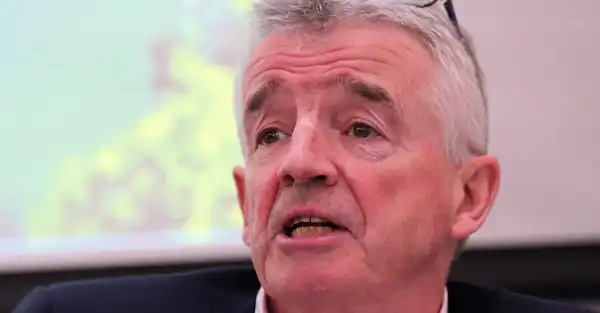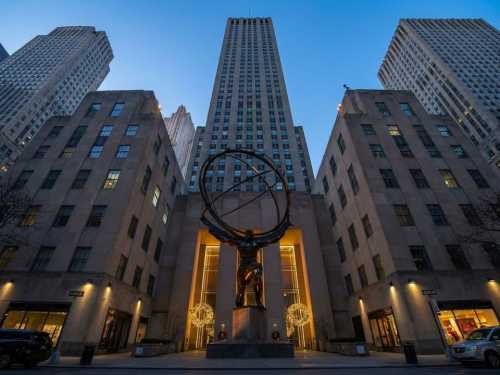
Ryanair has announced it will cancel orders for hundreds of Boeing planes if the US-led tariff war leads to significant price increases, and has indicated the possibility of turning to other manufacturers, including China's COMAC.
The threat from Europe's largest low-cost carrier and one of Boeing's top customers is the latest signal of a potential shake-up of the global aerospace industry unless US President Trump reverses his tariff initiatives.
However, with COMAC yet to receive certification in Europe and Boeing's main rival Airbus claiming all its planes are sold out by the end of the decade, Ryanair may find it difficult to carry out its threat, according to one industry source.
In a letter to a senior US lawmaker, Ryanair Chief Executive Michael O'Leary said Trump's tariffs could jeopardise the 330 Boeing 737 MAX jets his company has ordered, valued at more than $30 billion (€26.5 billion).
“If the U.S. government goes ahead with its ill-advised plan to impose tariffs, and if those tariffs significantly impact Boeing export prices to Europe, then we will certainly reconsider both our existing Boeing orders and the ability to place those orders elsewhere,” O'Leary said.
The letter, seen by Reuters, is a response to a warning from U.S. Representative Raj Krishnamoorthi, an Illinois Democrat, about potential safety implications if Ryanair follows through on its previous offer to consider ordering from COMAC.
Boeing has not commented on the situation.
Changing the tone
The threat to cancel orders marks a tougher tone from O'Leary, who threatened to hold up deliveries in April and said in March that Boeing executives had privately expressed confidence that the planes would be exempt from Trump's tariffs.
Industry sources say Boeing and Airbus contracts do not contain tariff provisions because the industry has operated successfully without them for decades. Tariffs only kick in once ownership of the aircraft is transferred to the buying airline and the contract is completed.
Most contracts for the aircraft include a clause requiring all parties to pay their own taxes, with no specific mention of tariffs, the sources said. However, many aerospace companies are reportedly reviewing contract language for future deals, given that trade uncertainty may continue for some time.
O'Leary's comments in the letter may be partly tactical maneuvering ahead of a period of potentially difficult behind-the-scenes negotiations with Boeing, industry sources said.
Looking at China
O'Leary said in the letter that the Dublin-based airline had not been in talks with COMAC about buying the planes since about 2011, but that it would “definitely” consider it if they were 10 to 20 percent cheaper than Boeing's main rival, Airbus.
Airbus, Boeing's only competitor in the market for large single-aisle jets certified in Europe, has repeatedly said its planes are sold out by the end of the decade.
No Western airline has purchased a COMAC jet. The Chinese company has applied for certification of its C919 jet in Europe but not in the United States.
The C919 is designed to seat about 150 people, or 190 in a high-density configuration, which is smaller than the Boeing jets currently operated by Ryanair, including the MAX 10, which makes up the majority of the jets on order and can seat up to 230 people.
Ryanair's threat comes as Boeing scrambles to resell dozens of planes that could be stranded in China due to tariffs after a third plane returned to the US due to supply problems, prompting fresh criticism of China from Trump.
Analysts say airlines rarely cancel aircraft contracts, preferring to defer deliveries because of a limited number of suppliers and the risk of being at the back of the queue for capacity, which limits growth.
And airlines' attempts to terminate contracts typically face resistance from manufacturers, who can cite a list of legitimate reasons such as supply chain delays, according to industry sources and previous court cases.
Sourse: breakingnews.ie






